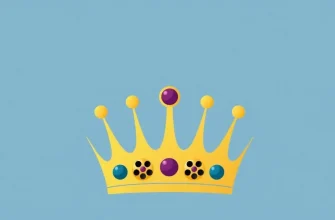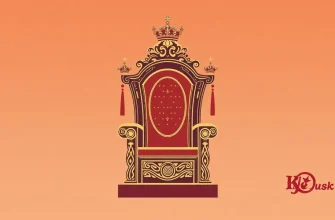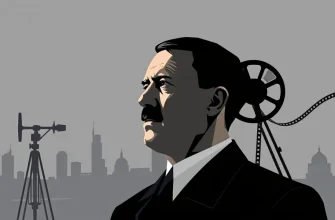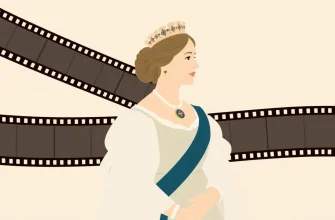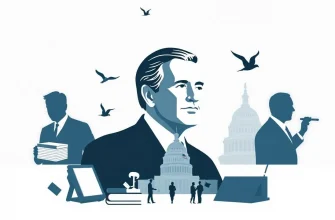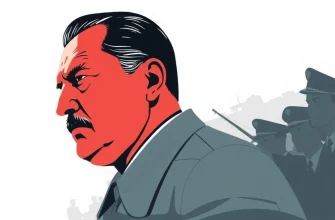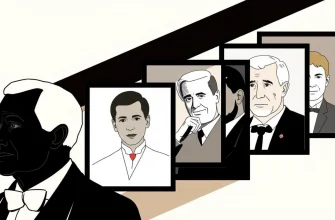Delving into the enigmatic life of Joseph Stalin, these films offer a window into the complexities of one of history's most controversial figures. From his rise to power to his iron-fisted rule, these biopics provide a multifaceted view of Stalin's impact on the world. Whether you're a history buff or simply intrigued by the man behind the myth, this collection promises to enlighten and entertain with its diverse portrayals.

The Death of Stalin (2017)
Description: A satirical take on the chaos following Stalin's death, this film humorously portrays the power struggle among his closest allies. It's a dark comedy that sheds light on the absurdity of the political system.
Fact: The film was banned in Russia for its portrayal of Soviet leaders, and it features a star-studded cast including Steve Buscemi as Nikita Khrushchev.
 Watch Now
Watch Now 
The Fall of the Romanov Dynasty (1927)
Description: Although not a biopic of Stalin, this documentary-style film provides context for his rise to power by depicting the downfall of the Romanovs, setting the stage for the Soviet era.
Fact: It was one of the first Soviet films to use archival footage, offering a historical perspective on the events leading up to Stalin's era.
 30 Days Free
30 Days Free 
The Battle of Stalingrad (1949)
Description: Another film that indirectly portrays Stalin's leadership, this epic focuses on the pivotal battle, highlighting his strategic decisions and the sacrifices made by the Soviet people.
Fact: The film was one of the first to use real footage from the battle, blending documentary elements with dramatization.
 30 Days Free
30 Days Free 
The Unforgettable Year 1919 (1952)
Description: This film focuses on the early years of the Soviet Union, with Stalin's presence felt throughout, emphasizing his role in the Civil War and the establishment of Soviet power.
Fact: It was part of a series of films celebrating the 30th anniversary of the October Revolution, showcasing Stalin's historical significance.
 30 Days Free
30 Days Free 
The Inner Circle (1991)
Description: This film explores the life of a Soviet film projectionist who becomes part of Stalin's inner circle, offering a unique perspective on the leader's personal life and the atmosphere of fear and paranoia.
Fact: Tom Hulce, known for his role in "Amadeus," stars as the projectionist, and the film was shot in Moscow with the cooperation of the Soviet authorities.
 30 Days Free
30 Days Free 
Moloch (1999)
Description: This film by Alexander Sokurov presents a surreal, introspective look at Stalin during a weekend retreat, exploring his psyche and the dynamics of his relationships with his inner circle.
Fact: The film was shot in black and white, adding to its eerie, dreamlike quality, and it was screened at the Cannes Film Festival.
 30 Days Free
30 Days Free 
Stalin (1992)
Description: This HBO film dives deep into the life of Stalin, focusing on his last days and the power struggles within the Soviet Union. It's a must-watch for understanding the internal dynamics of Stalin's regime.
Fact: Robert Duvall's portrayal of Stalin earned him critical acclaim, and the film was nominated for several Emmy Awards.
 30 Days Free
30 Days Free 
The Fall of Berlin (1950)
Description: While not a direct biopic, this Soviet film glorifies Stalin's role in the victory over Nazi Germany, showcasing his leadership during WWII.
Fact: It was one of the first Soviet films to be released after WWII, and it was intended to boost Stalin's image as a wartime hero.
 30 Days Free
30 Days Free 
The Great Turning Point (1945)
Description: This film, released shortly after WWII, glorifies Stalin's leadership during the war, focusing on the turning point in the conflict and his role in it.
Fact: It was one of the first films to be released after the war, aimed at reinforcing Stalin's image as a wartime leader.
 30 Days Free
30 Days Free 
The Vow (1946)
Description: This film, while not directly about Stalin, captures the spirit of the Soviet Union under his rule, focusing on the collective effort during WWII and the sacrifices made.
Fact: It was one of the first post-war films to be released, reflecting the Soviet Union's resilience and unity under Stalin's leadership.
 30 Days Free
30 Days Free 

